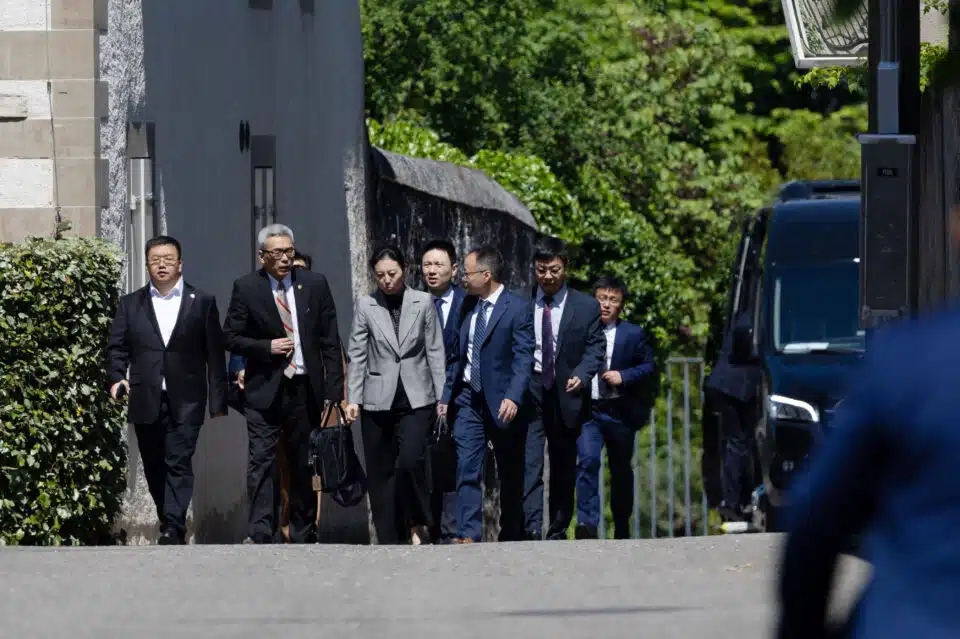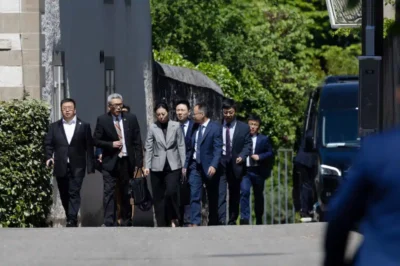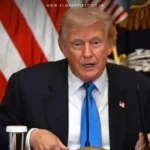
A Fresh Start in U.S.-China Relations
In a significant diplomatic development, U.S. President Donald Trump announced on May 10, 2025, that the United States and China have achieved a “total reset” in their bilateral relations following high-level trade talks in Geneva. The discussions, which lasted approximately eight hours, were described by Trump as “friendly and constructive,” marking a notable shift from the heightened tensions that have characterized the trade relationship in recent years.
The Geneva Talks: Key Participants and Setting
The negotiations were held at the U.S. ambassador’s villa in Cologny, Switzerland, and involved key figures from both nations. On the U.S. side, Treasury Secretary Scott Bessent and Trade Representative Jamieson Greer participated, while Chinese Vice Premier He Lifeng represented China. This meeting was the first in-person dialogue between the two countries since the imposition of substantial tariffs—up to 145% by the U.S. and 125% by China—that had nearly halted $600 billion in annual bilateral trade.
Progress and Optimism for Future Engagement
While no specific agreements were announced during the talks, President Trump expressed optimism about the outcomes. He indicated that China would open further to American businesses, suggesting mutual economic benefits for both countries. The discussions are set to continue, with potential meetings extending through the weekend, signalling a commitment to sustained engagement and resolution of trade issues.
Global Reactions and Market Implications
The resumption of trade talks has been met with cautious optimism globally. Investors are closely monitoring the negotiations, hoping they will ease tensions and reduce the damaging uncertainty impacting global markets. The imposition of high tariffs had led to significant disruptions in global supply chains and economic uncertainty. While markets have shown partial recovery, volatility remains heightened, and analysts remain cautious, anticipating a prolonged negotiation process due to the complex nature of the trade relationship.
Looking Ahead: The Path to De-escalation
The talks in Geneva represent a critical step toward de-escalating the ongoing trade conflict between the United States and China. Both nations have demonstrated a willingness to engage in dialogue, which is essential for addressing the deeply rooted grievances and geopolitical factors that have contributed to the trade tensions. While challenges remain, the positive tone of the discussions offers hope for a more stable and cooperative economic relationship in the future.
Conclusion: A New Chapter in U.S.-China Relations
The “total reset” declared by President Trump following the Geneva talks signifies a potential turning point in U.S.-China relations. If both countries continue to engage constructively and address each other’s concerns, there is an opportunity to build a more balanced and mutually beneficial trade relationship. The coming weeks and months will be crucial in determining whether the positive momentum from these talks can translate into concrete agreements that benefit both nations and the global economy.









































Leave a Reply